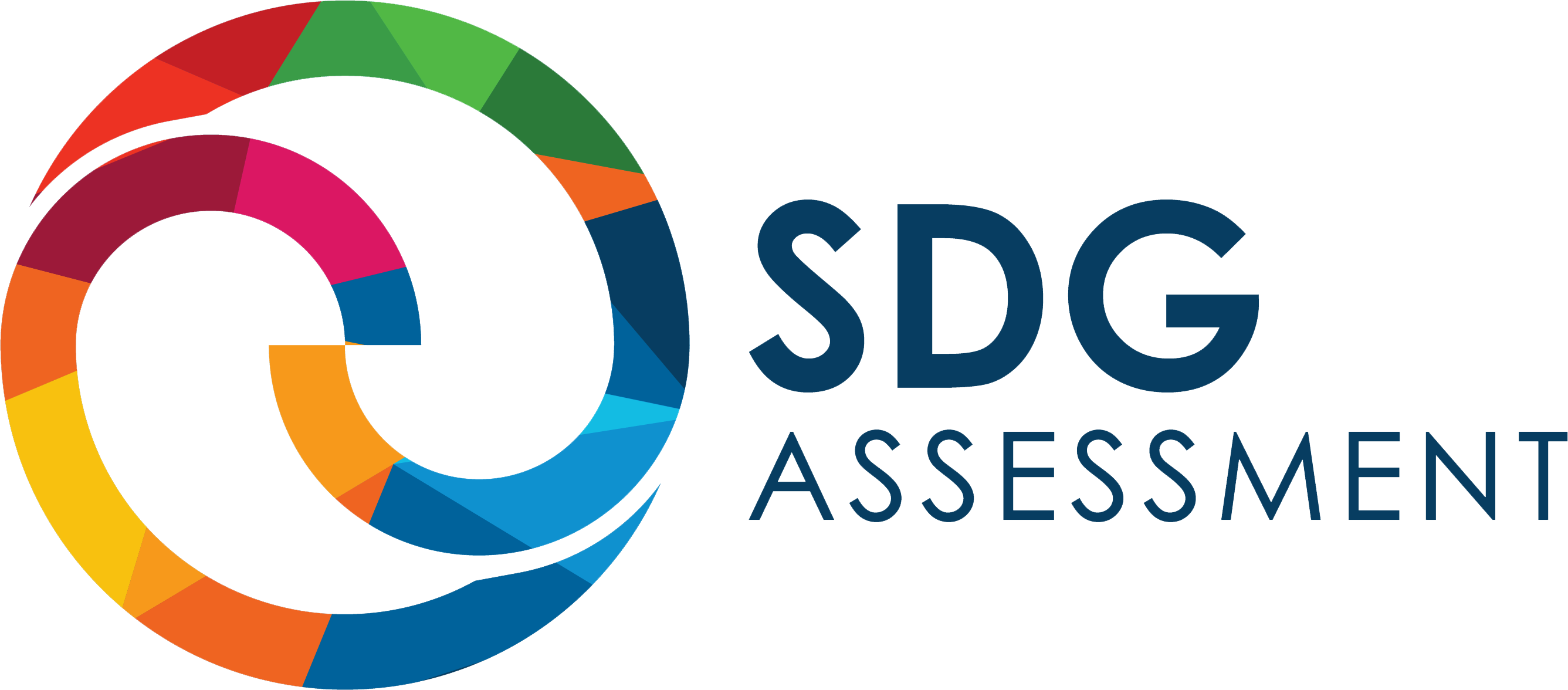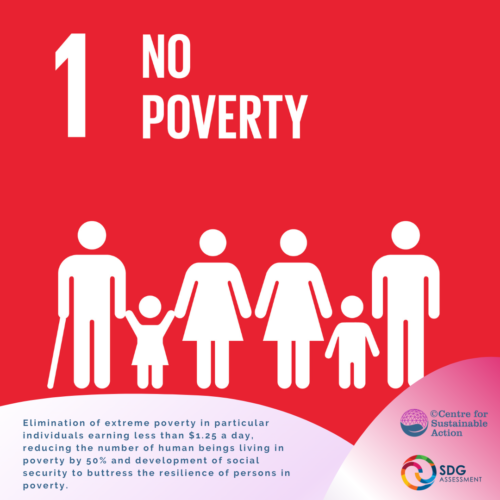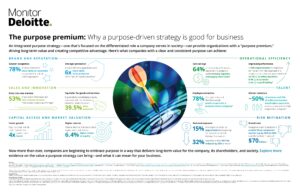Small and Medium Enterprises (SMEs) are the cornerstone of the global economy. However, many SMEs are unaware of the importance of Sustainable Development Goals (SDGs) and the role they can play in helping to achieve them. SDG 1: No Poverty, which focuses on empowering individuals and communities to lift themselves out of poverty. By learning about SDG 1 and investing in Environmental, Social, and Governance (ESG) metrics, SMEs can empower their marketing, increase sales, reduce operational costs, and improve customer and employee retention rates.
What are the SDGs?
The Sustainable Development Goals (SDGs) are a collection of 17 global goals established by the United Nations in 2015 to achieve sustainable development. The purpose of these goals is to end poverty, protect the planet, and ensure that all people enjoy peace and prosperity. The SDGs are an important benchmark for businesses as they seek to reduce their negative environmental impact and create a more sustainable business model.
SDG No 1, No Poverty goal is one of the most important SDGs. It focuses on improving economic well-being and reducing inequality through economic growth, empowering small and medium-sized enterprises (SMEs). SMEs have a great potential to significantly contribute to this goal; they can become drivers of sustainable economic growth and poverty reduction by focusing on sustainability initiatives such as reducing emissions within their Scope 3 supply chain activities and ensuring responsible use of natural resources.
What are the benefits for your business?
Through this effort, SMEs can also benefit from higher sales and reduced operational costs. This can lead to improved customer and employee retention rates, as well as help to improve brand reputation and trustworthiness among customers. By learning about SDG No 1 and embarking on a journey to start reporting and verifying their sustainability/ESG metrics, SMEs can empower their marketing efforts while simultaneously supporting the UN’s mission to end poverty worldwide. Other benefits of sustainable business for SMEs include increased customer loyalty, improved public image, access to more financing opportunities, cost savings, and better risk management strategies.
Furthermore, sustainable practices allow businesses to comply with regulations more easily and attract talented employees who are looking for environmentally friendly employers. Finally, taking steps towards sustainable business practices may open up new markets and help business owners create more meaningful relationships with stakeholders such as suppliers, investors, and regulatory bodies. These benefits create an impetus for business owners to focus more closely on environmental, social, and governance issues. This effort can be financially rewarding as well. In fact, studies have shown that businesses with strong environmental, social, and governance performance tend to achieve higher stock prices and higher earnings compared to those without. Deloitte research has further indicated that consumers are willing to pay a “Purpose Premium” of 15-30% for products and services from companies with strong sustainability practices. With all of these benefits of sustainable business, it’s clear that SMEs need to take action.
How can businesses get started with reporting and verification?
©SDG Assessment is a research-based mobile app designed to support small business sustainability, environmental social governance (ESG) planning, implementation and performance reporting. Supporting large businesses with improving value chain impacts and reducing scope 3 emissions.
We are not just saving our planet, we are saving your profits!
What are the benefits of reporting and verification?
Sustainability reporting and verification brings immense benefits to small businesses. It helps them to better understand the environmental and social impacts of their operations and to identify opportunities for improvement. With sustainability reporting, SMEs can gain an accurate overview of the financial, environmental and social aspects of their business, providing a comprehensive understanding of their performance.
This understanding can help businesses to optimize their supply chains, increase their operational efficiency and reduce their Scope3 emissions, leading to cost savings and improved sustainability. By gaining insight into their sustainable business practices, companies can set meaningful sustainability goals and create plans to reach them.
Through sustainability reporting and verification, companies can demonstrate their commitment to responsible business practices and build trust with customers, investors, and other stakeholders. They can also ensure compliance with national and international regulations while preparing for the future by mitigating potential risks. Additionally, verifying the accuracy of sustainability reports helps to build credibility and transparency, further strengthening relationships with stakeholders.
Overall, sustainability reporting and verification is an essential tool for SMEs to maximize their competitive advantage in a rapidly changing environment. With the right approach, companies can improve their processes and performance, create long-term value for all stakeholders, and become more resilient to future changes.
Author Sian Young







